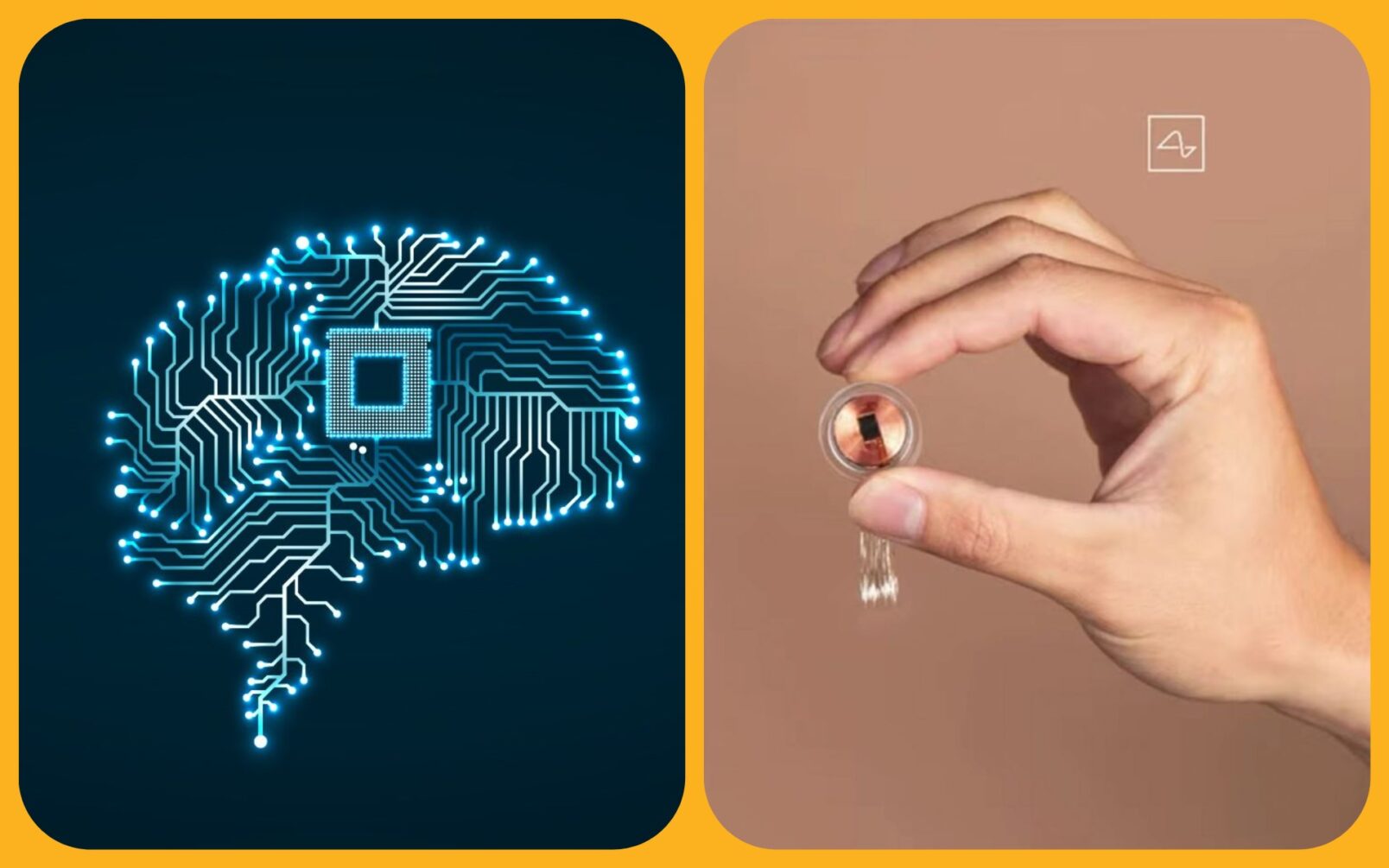Elon Musk’s Neuralink, a company aiming to bridge the gap between brain and technology, recently announced its first human trial participant is experiencing promising results. While the potential applications are vast, ethical concerns surrounding this groundbreaking technology demand careful consideration.

The Technology:
Neuralink envisions a high-bandwidth brain-computer interface (BCI) capable of direct communication between the brain and external devices. Imagine controlling your phone or computer simply by thinking, or restoring lost motor functions in individuals with paralysis. This technology holds promise for:
- Neurological conditions: Helping individuals with spinal cord injuries, paralysis, or neurodegenerative diseases regain control and improve their quality of life.
- Cognitive enhancement: Augmenting memory, information processing, and potentially enabling thought-controlled devices.
- Sensory restoration: Restoring vision and hearing through BCI integration.
The First Trial:
The participant, implanted with a chip in January 2023, has reportedly recovered well with no adverse effects. They can now “move the mouse around a screen by just thinking,” suggesting the technology functions as intended.
Ethical Concerns:
While the potential benefits are significant, ethical concerns cannot be ignored:
- Privacy and security: Brain activity is highly sensitive personal data. Ensuring its privacy and security in a world where BCI exists is crucial.
- Consent and ownership: Obtaining informed consent for BCI implantation and defining ownership of thoughts and experiences generated by the technology are complex issues.
- Equity and discrimination: BCI access could exacerbate existing inequalities, potentially creating a new digital divide.
The Road Ahead:
Neuralink’s first human trial marks a significant step towards realizing the potential of BCI technology. However, it’s crucial to address the ethical concerns openly and proactively. Transparency, public discourse, and collaboration between scientists, ethicists, and policymakers are essential to ensure this technology benefits humanity as a whole.
Disclaimer: This article is for informational purposes only and does not constitute medical advice. Please consult with a healthcare professional for any questions or concerns regarding brain-computer interfaces or neurological conditions.











Discussion about this post